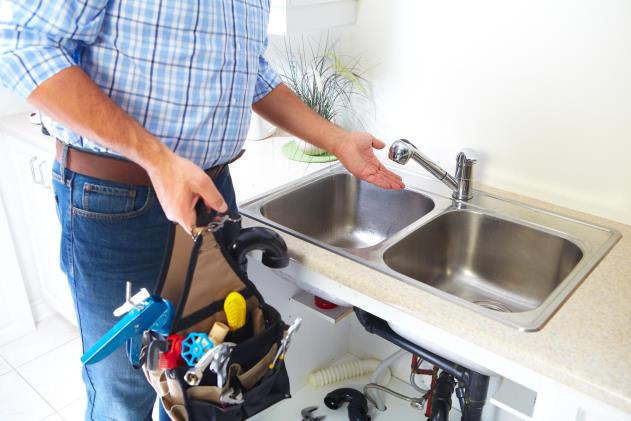Blocked drains are the most common plumbing problem occurring in homes. Unfortunately in a lot of cases, these issues go unchecked which can lead to costly repair and a lot of mess.
While warning signs help alert you to a blocked drain for quick and easy treatment, many homeowners don’t know what to look for or how serious the issue can be.
The longer you leave it the bigger and more lodged the pipe buildup becomes, making extraction harder and reducing water flow further.
Eventually, there will be nowhere for the water to go but backwards, taking filth, bacteria and mould with it into your home.
4 Signs of a Blocked Drain
Getting started on repairing blocked drains early is the best way forward. It pays to understand the signs and know how to address your drain issues early.
Here are the top four signs of a blocked drain:
1. Foul Smell
Bad smells are usually the first sign, and most notable and unpleasant of the warnings that your drain is in trouble. Matter that is trapped will break down and fester, as well as cause bacteria to rapidly grow in stagnant water, especially if the conditions are warm.
Knowing the cause of the smell will help you identify the best approach. Removing tangled hairs from showers can be done by lifting the drain grid and extracting the mass, food in kitchen sinks can be removed with a plunger and fat can be dissolved with a combination of hot water and bicarb soda.
2. Overflowing
Overflow problems are more serious than the earlier warning signs but you still have time to catch them early while it’s still an easy fix. A little work to unblock the pipe can prevent serious leaks and gushing water that can cause significant damage to your property. Call a plumber if you are finding the work too complex for you to handle.
3. Gurgling Sounds
As a block builds in your pipe, water slows, trapping air. You will notice gurgling or other loud sounds as the air tries to escape, which may come from other drain points close by, as well as the blocked drain. This is a great early warning to get your pipes cleaned using non-invasive home remedies. If these don’t stop the sounds from occurring, talk to a plumber who can give you some expert advice.
4. Slow Draining
Once a blockage builds to a significant size it will prevent water from exiting through your pipes. You will first notice that your sink, shower or bath is slow to drain, then that water is pooling before draining away slowly. You may also see foaming bubbles and dirty water washing back up. Now that the pipe has become narrow with matter, it means that larger particles and newly introduced debris are more likely to get stuck, increasing the mass of the blockage quite quickly. It’s important to take action straight away as you can experience completely blocked drains and flooding soon after slow draining.
If home remedies don’t repair your drain problem or your work only provides a short-term fix, you can hire a plumber to locate blockages and apply the right solution. Sometimes blocked pipes need more intensive repairs if old pipes are cracked and broken or become crowded with tree roots. Getting assistance early to identify these issues will reduce your plumbing costs as well as the time taken to complete repairs.

